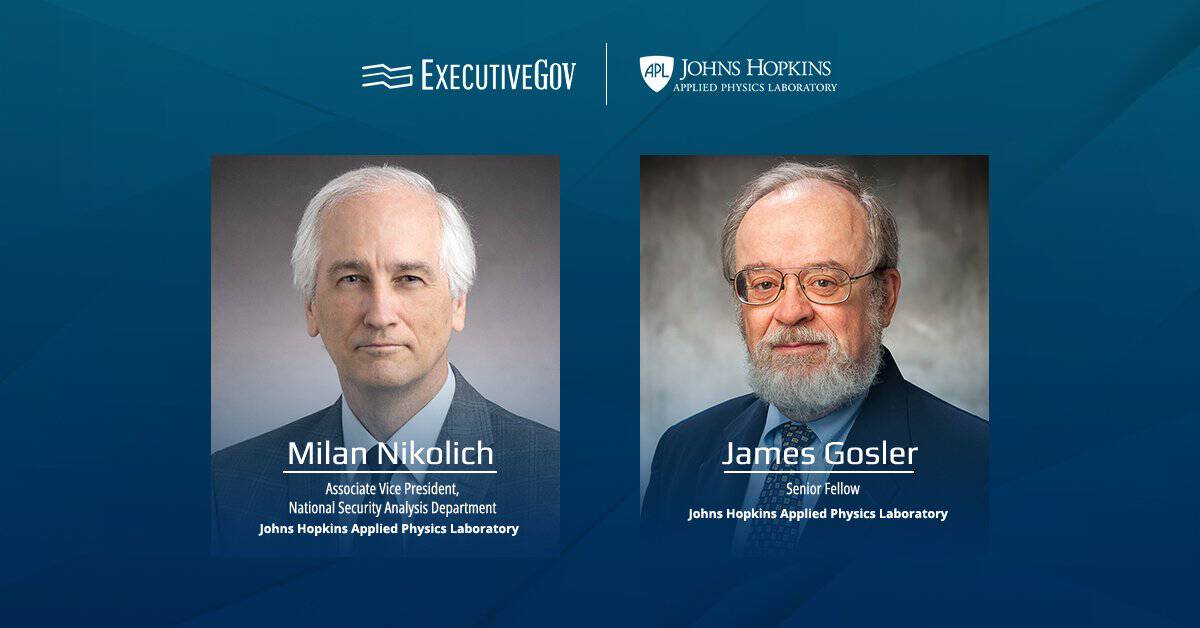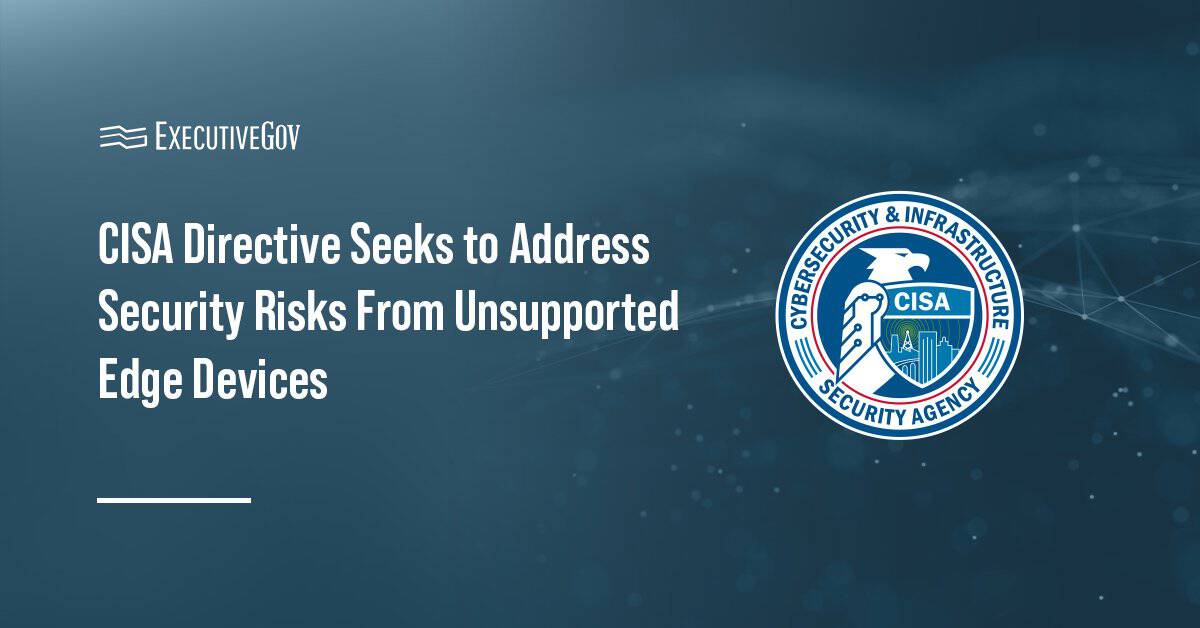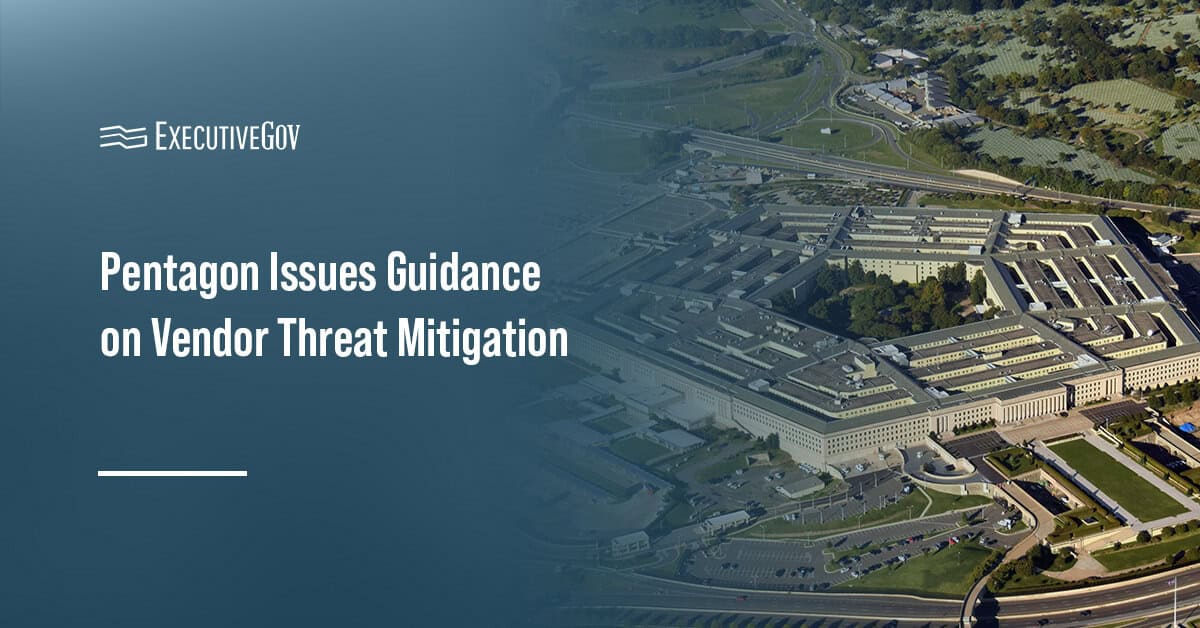 The Department of the Navy has completed construction work on a 25-megawatt microgrid at Marine Corps Air Station Yuma in Arizona.
The Department of the Navy has completed construction work on a 25-megawatt microgrid at Marine Corps Air Station Yuma in Arizona.The department partnered with the Marine Corps and Arizona Public Service to establish the microgrid that will work to provide backup power to MCAS Yuma in the event of a power outage, the Navy said Thursday.
The service branch said APS will own, maintain and operate the facility.
Officials who attended the ribbon-cutting ceremony for the microgrid facility include Maj. Gen. John Broadmeadow, commander of Marine Corps Installations Command; Col. Ricardo Martinez, commanding officer of MCAS Yuma; Brig. Gen. Kevin Killea, commanding general of Marine Corps Installations West; Mark Schiavoni, executive vice president and chief operating officer of APS; and Mayor Douglas Nicholls of Yuma.





